
- Donald Trump is set to become the first former president ever to face trial on felony charges.
- Trump is accused in New York Supreme Court of falsifying business records as part of a scheme to conceal a hush money payment to porn star Stormy Daniels.
- Manhattan District Attorney Alvin Bragg accuses Trump of using a "catch and kill" tactic to hide negative information about him from voters ahead of the 2016 presidential election.
- The trial was originally scheduled to start March 25, but it was delayed until Monday to give Trump's team time to look at some recently acquired documents.
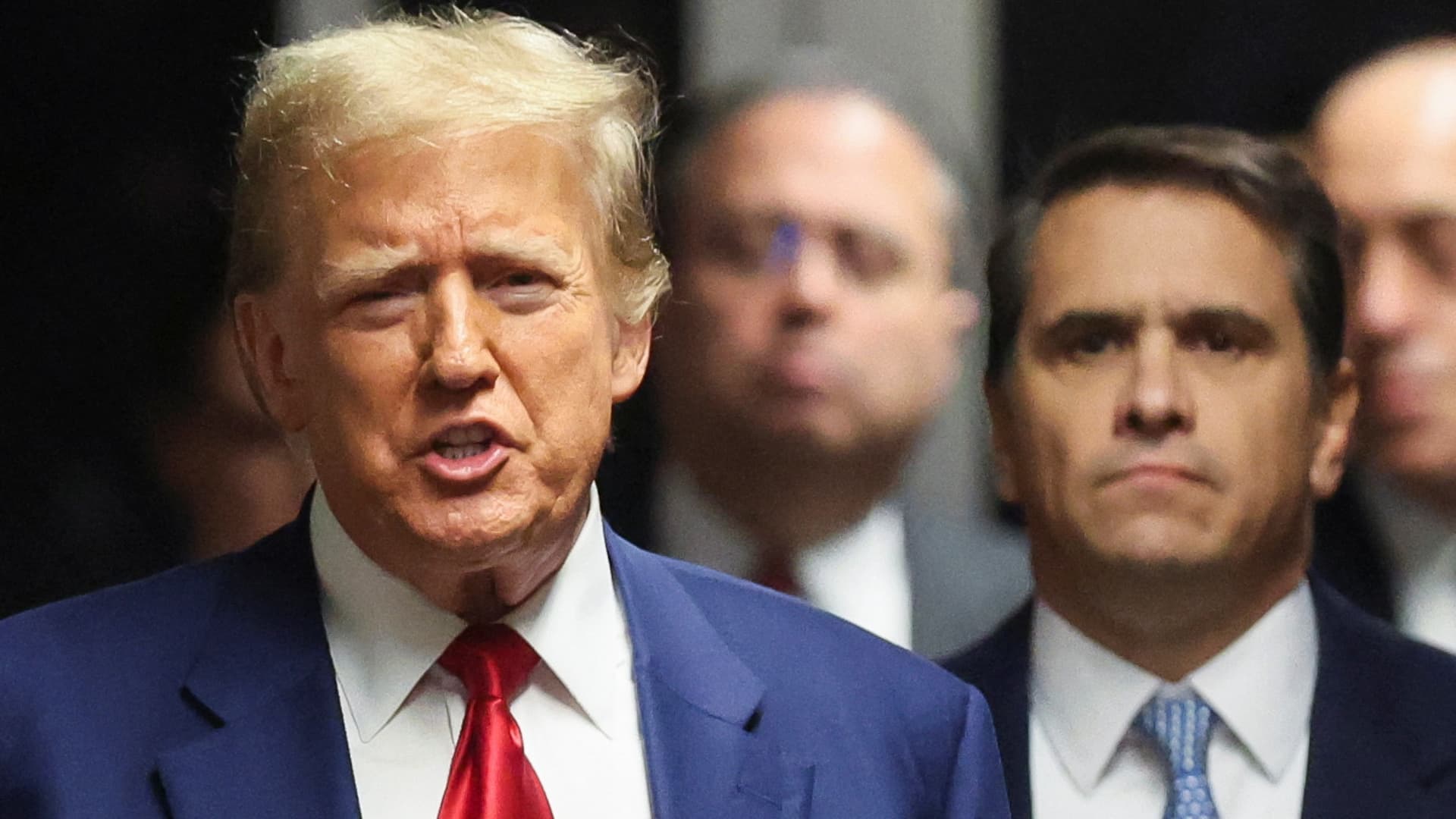
Watch NBC6 free wherever you are
>Donald Trump has used every legal tool at his disposal to try to dismiss, diminish or delay the four active criminal cases against him.
But on Monday, barring a last-minute court intervention, Trump will become the first former president ever to be tried on felony charges.
Get local news you need to know to start your day with NBC 6's News Headlines newsletter.
>The trial in New York Supreme Court centers on allegations that Trump falsified business records as part of a scheme to conceal a $130,000 hush money payment in 2016 to porn star Stormy Daniels, who says she had an extramarital affair with Trump years earlier.
Manhattan District Attorney Alvin Bragg accuses Trump of using a "catch and kill" tactic to hide damaging information from voters ahead of the 2016 presidential election.
This case may be the only one of Trump's 88 criminal charges across four separate cases to make it to trial before the Nov. 5 presidential election.
Money Report
If he is convicted in this case, the 77-year-old ex-president could be sentenced to serve time at New York's notorious Rikers Island jail complex or in a state prison.
Here is what to know about the historic trial:
What are the charges?
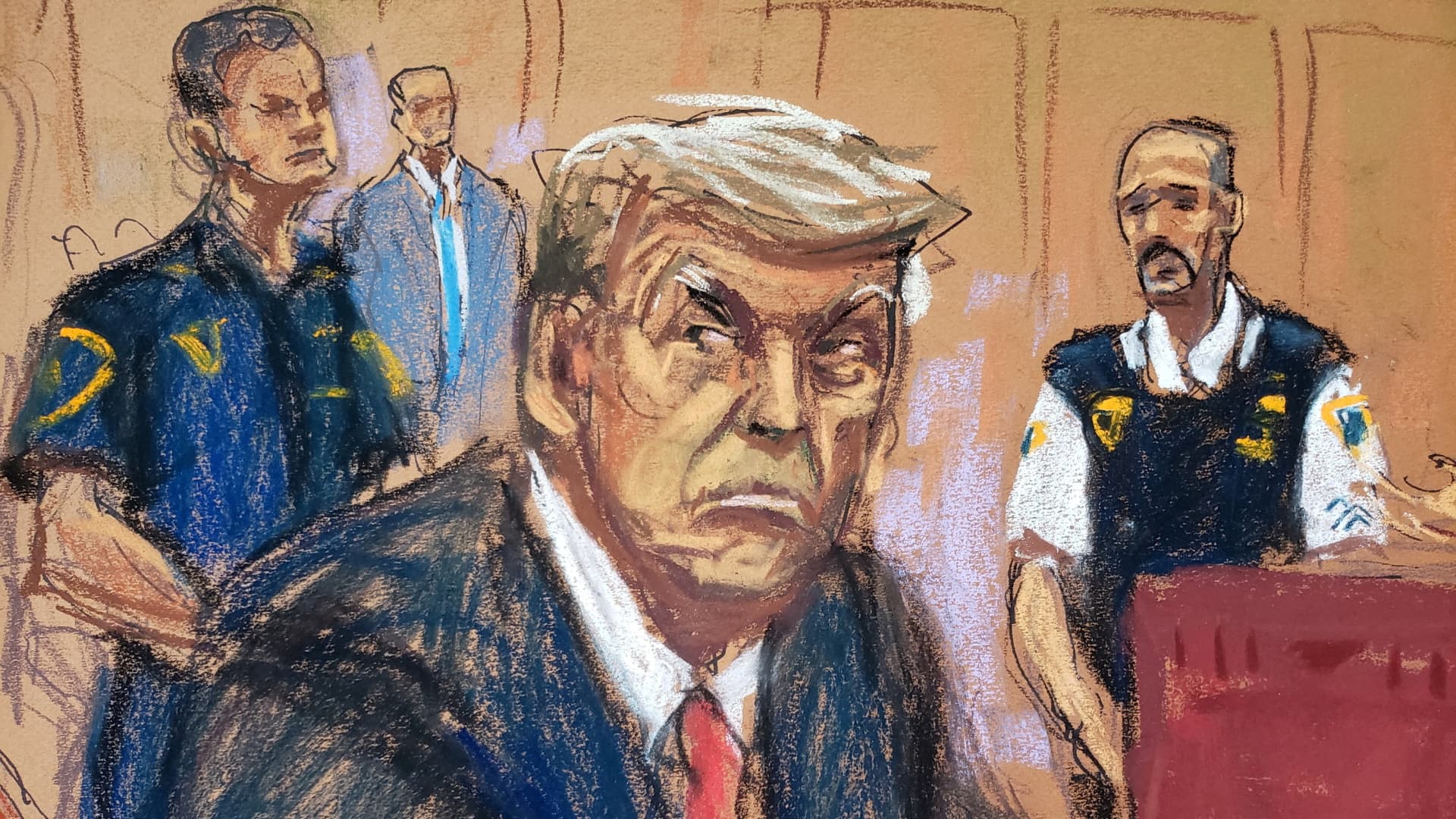
Trump is charged with 34 counts of falsifying business records in the first degree.
Under New York law, a person is guilty of that crime when their records are falsified with the intent to commit or conceal another crime.
The DA alleges Trump and others violated election laws to carry out an illegal scheme to influence the 2016 election, by buying and suppressing negative information about him.
How did the alleged scheme work?
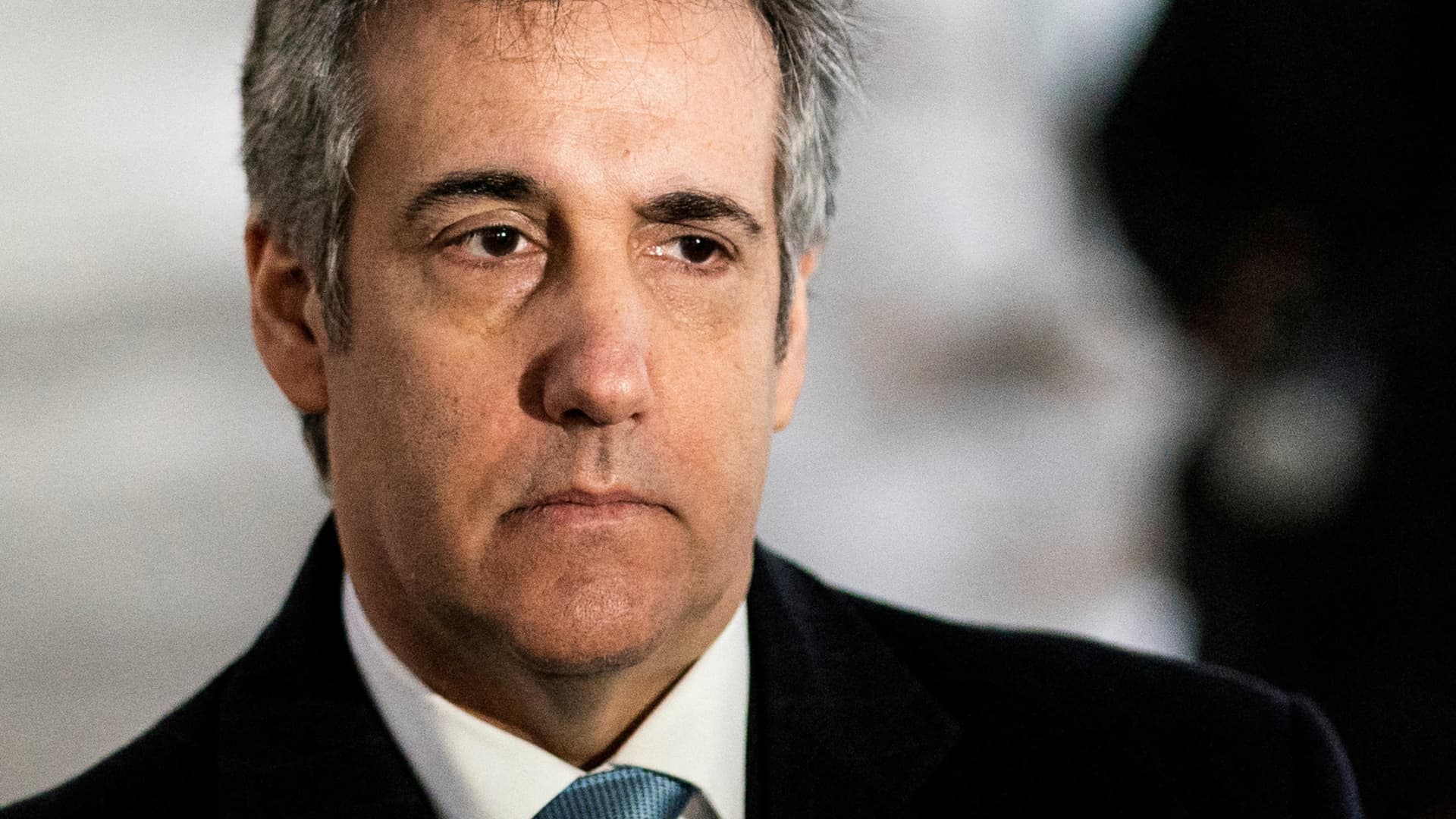
Central to Bragg's case is Michael Cohen, Trump's former personal attorney. In 2018, Cohen pleaded guilty to campaign finance charges related to hush money payments made to two women before the 2016 election.
Cohen is expected to be a key witness in the trial, where he will say Trump directed him to make those payments.
To pay Daniels covertly, the DA alleges, Cohen opened a bank account for a shell company he had created specifically to facilitate the payment. He then transferred $131,000 into that account from a home equity line of credit. On Oct. 27, less than two weeks before the 2016 election, Cohen wired $130,000 to Daniels' lawyer in exchange for her silence about the alleged tryst with Trump.
After the election, Bragg says, Trump reimbursed Cohen for the payment through a series of monthly checks, processed by the Trump Organization, which recorded them as payments for legal services rendered in 2017 through a retainer agreement.
Those records were false, the DA alleges.
Trump and Cohen were also allegedly involved in a 2016 hush money payment to former Playboy model Karen McDougal, who received $150,000 from the then-publisher of the National Enquirer to keep quiet about her own alleged affair with Trump.
Bragg also cites a $30,000 payment by that publisher, American Media Inc., to a former Trump Tower doorman for the rights to a story about Trump fathering a child out of wedlock. After determining that the story was untrue, the publisher's CEO David Pecker wanted to end the deal — but he held off until after the 2016 election at Cohen's instruction, the DA alleges.
How long will the trial last?
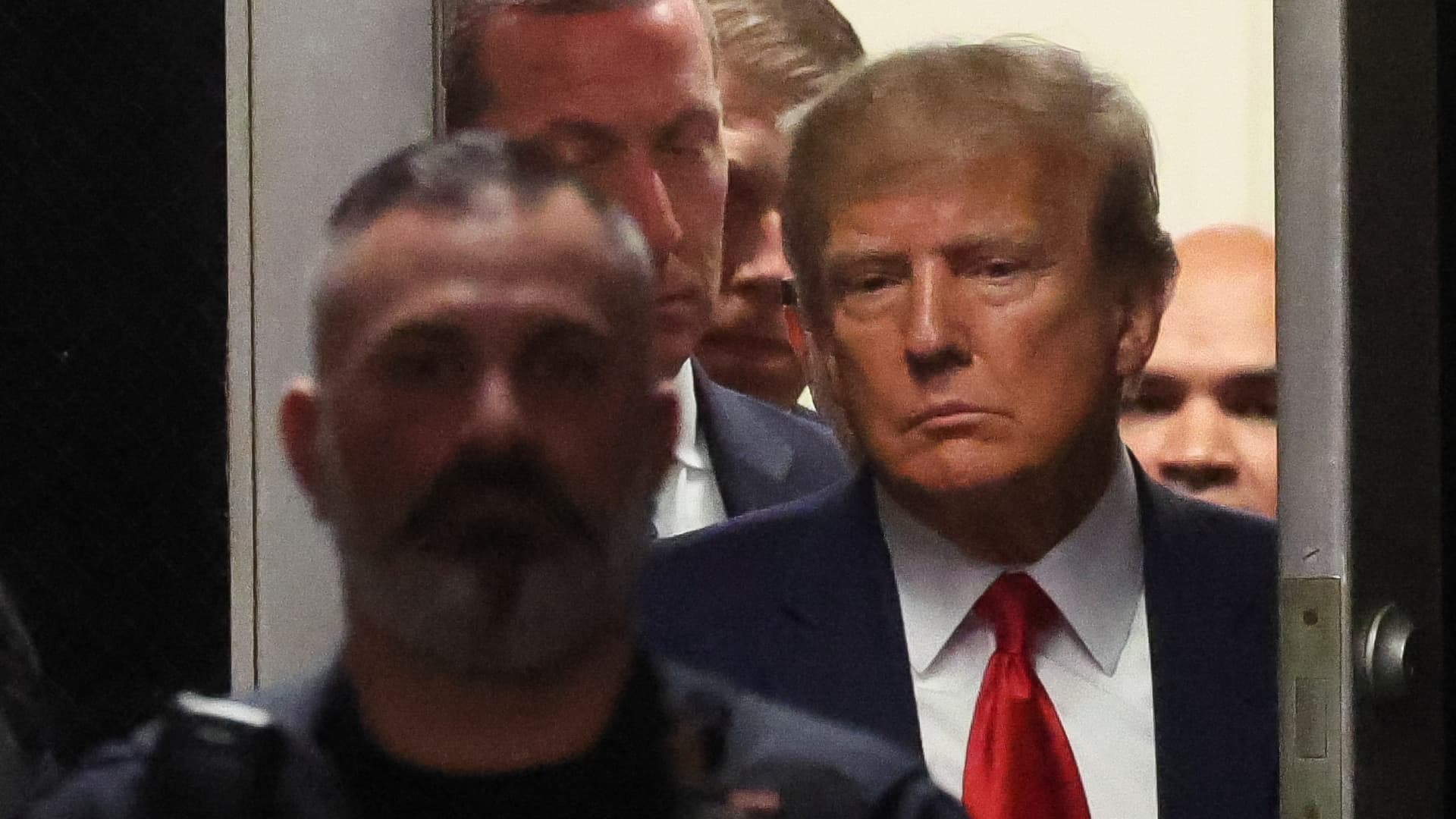
The trial was originally scheduled to start March 25, but it was delayed until Monday to give Trump's team time to look at some recently acquired documents.
The trial will begin with the process of selecting 12 jurors, plus alternates.
Judge Juan Merchan has said he expects the trial will last about six weeks.
Will Trump be there?
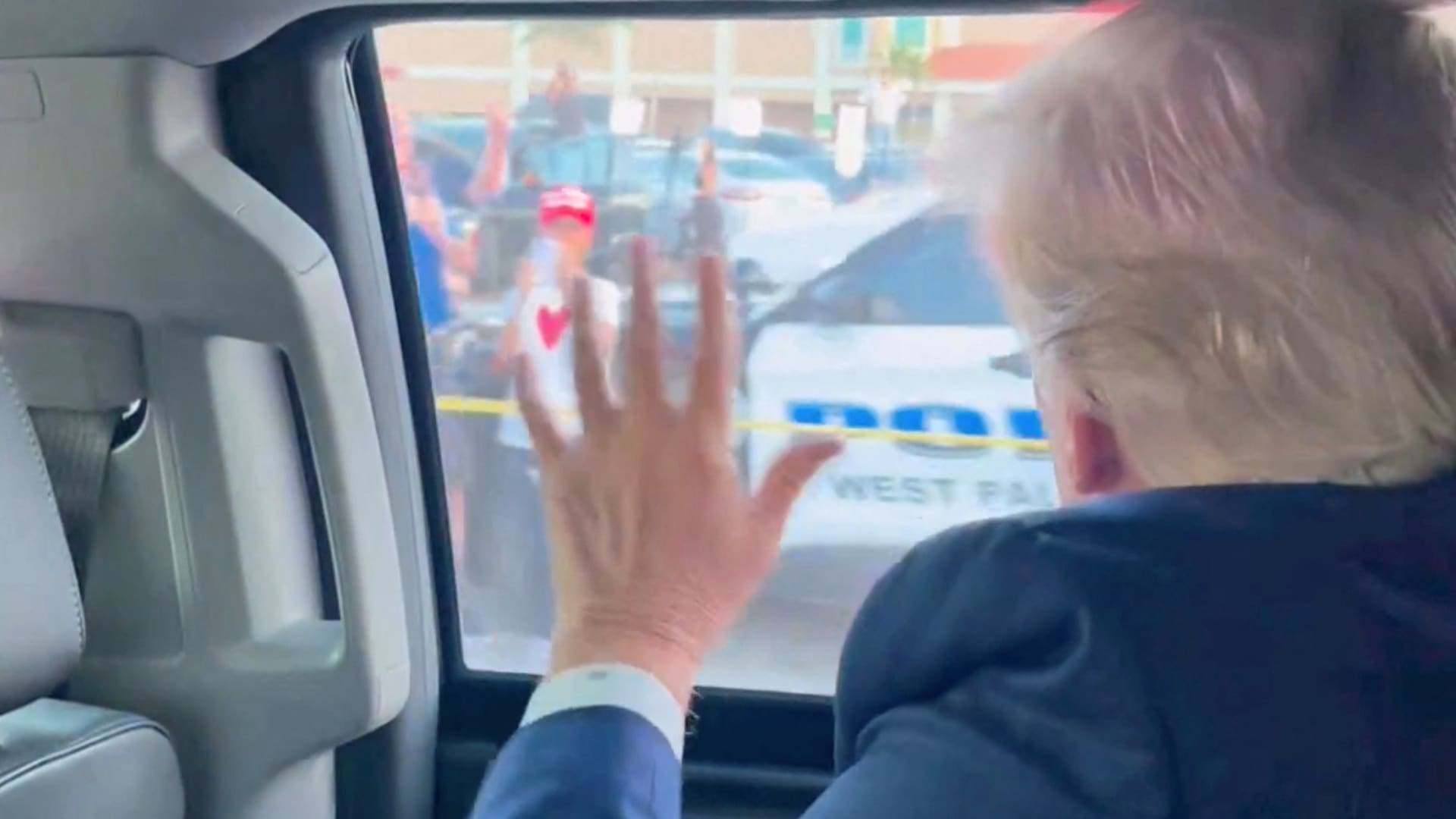
Yes, Trump will be there. New York law requires defendants to attend their trials, with few exceptions.
Trump has voluntarily attended numerous hearings in the hush money case and his other criminal cases, generating waves of mainstream media attention that his regular campaign events no longer muster.
Trump's attorney, Will Scharf, said on "Fox News Sunday" that, depending on the trial's progress, Trump and the trial team will decide whether or not to take the stand.
"I would say that, I think if he does take the stand President Trump will be a compelling witness. He did nothing wrong here," he said. "The truth is absolutely on his side, so that's a decision that's going to have to be made down the road."
Trump had also been scheduled to sit for a deposition Monday in a separate lawsuit related to the public merger of his media company, Trump Media & Technology Group, but that appearance was reportedly postponed.
Could Trump go to jail?
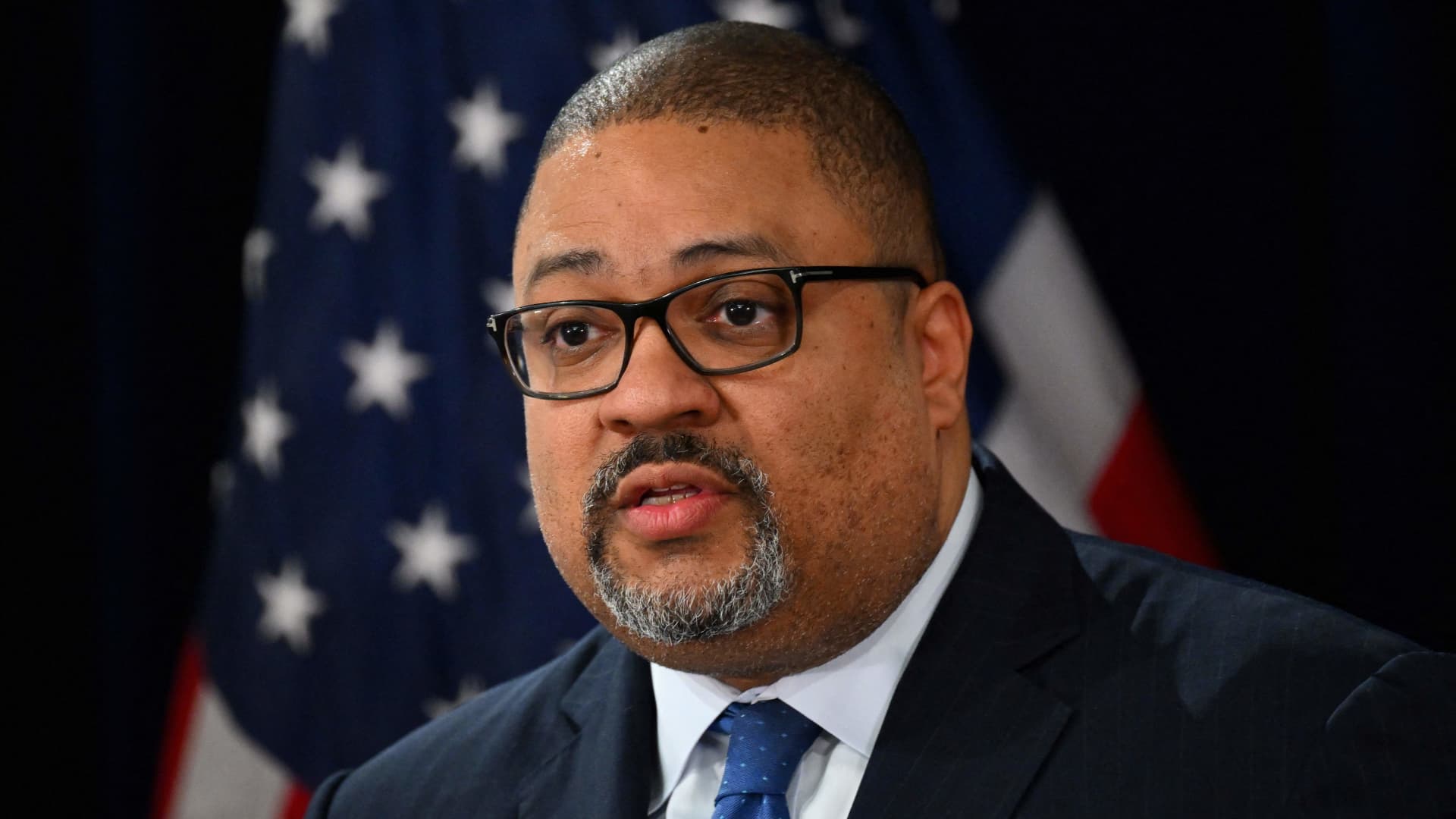
Falsifying business records in the first degree is a Class E felony that carries a maximum sentence of four years in prison. But the sentence a defendant ultimately receives is often far below the maximum, and Trump's age and lack of a prior conviction could also play in his favor in any potential sentencing decision.
His antagonism toward presiding Judge Merchan and others related to the case — including the judge's daughter — may work against him, however.
"I think there is a substantial risk that he will be convicted and that he will face a sentence of incarceration," said Norm Eisen, a legal analyst who aided House Democrats during Trump's first impeachment, in a press briefing Thursday previewing the hush money trial.
"When you have the falsification of business records that is intended to aid, conceal or commit serious crimes, that receives sentences of jail time regularly," Eisen said.
Trump can continue to run for office even if he is convicted and jailed.
Who are the witnesses?
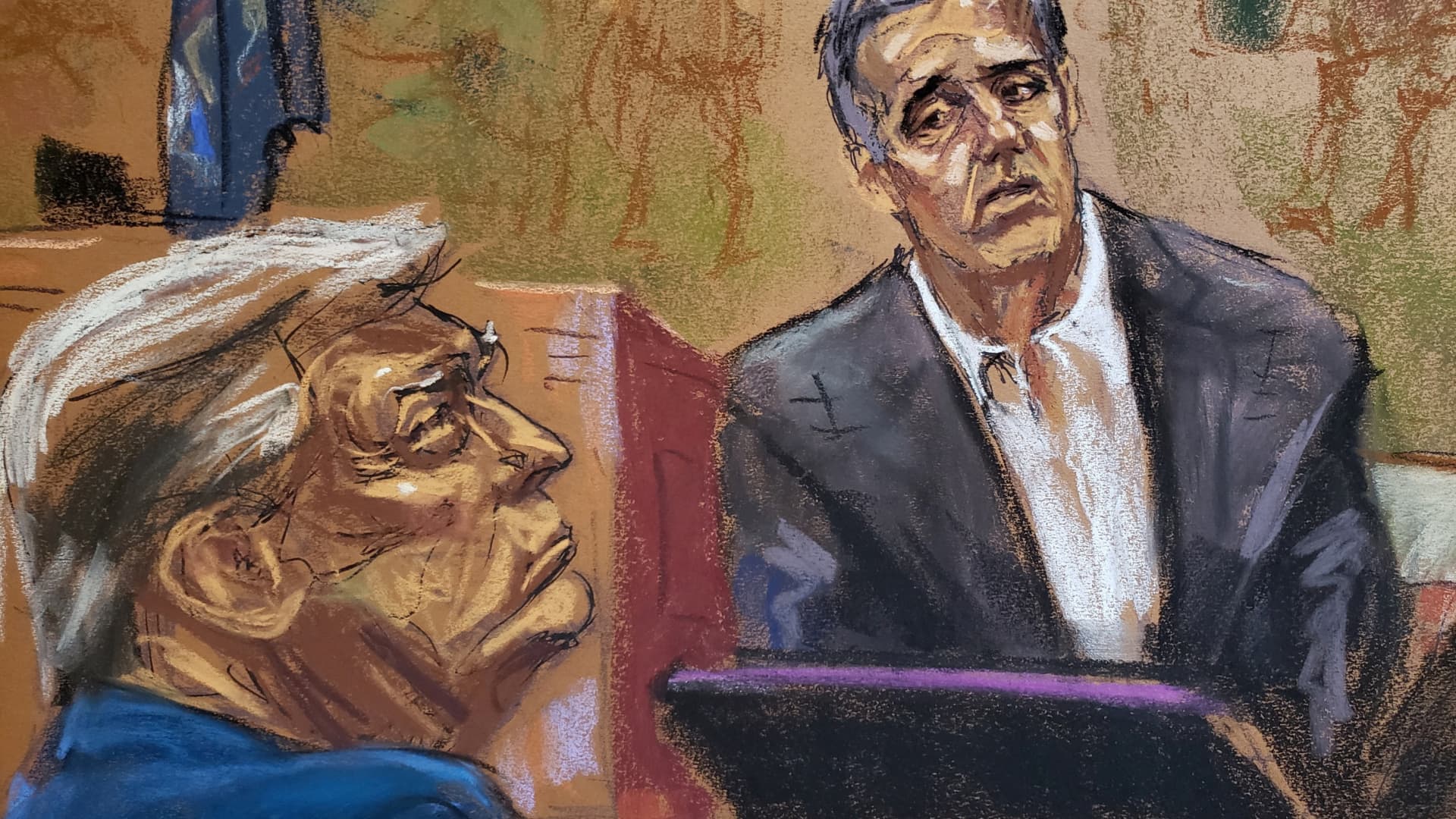
Cohen and Daniels are expected to take the stand in the trial. But prosecutors have compiled a list of roughly a dozen other potential witnesses, including McDougal and Pecker, a source with direct knowledge of the situation told NBC News.
That same source told NBC that the potential defense witness list could include Trump himself.
Trump has not yet said if he plans to testify in his defense. When he took the stand in November in his New York civil business fraud case, Trump angrily lashed out at the judge, the state's attorney general and many other "haters."
Bradley Smith, a former commissioner with the Federal Election Commission, is another potential defense witness, NBC reported.
How is Trump preparing?
Trump's attorneys have thrown the kitchen sink at the trial in hopes of a delay. They have made more than 10 attempts to push it later, three of which came in last-minute appeals filed in the final week before jury selection.
Trump, as he has done in his other legal battles, has wielded his public following as a weapon against the case.
In regular social media diatribes and interviews, he has railed against the judge, the DA, key witnesses and various others, while claiming that all of his criminal charges are part of a Biden administration conspiracy to damage his presidential bid.
Merchan imposed a gag order on Trump and then expanded it after the former president repeatedly criticized the judge's daughter over her work for a Democratic political consultant. Trump's legal team has repeatedly demanded that Merchan recuse himself due to his daughter's political activities. Merchan declined to do so last year.
In a video posted to Truth Social on Thursday, Trump decried the gag order, falsely claiming, "it only happens to me," and asserting, "there's never been a judge more conflicted than this one."
Scharf, Trump's attorney, said on "Fox News Sunday" that the gag order was "wildly unconstitutional." It "just goes to show how outrageous this whole process has been," he added.
—CNBC's Melina Khan contributed to this report.






